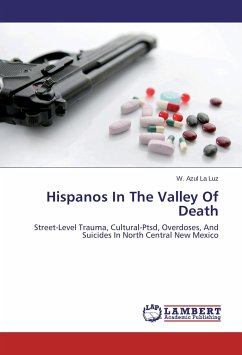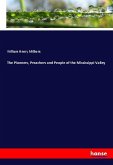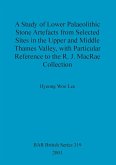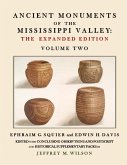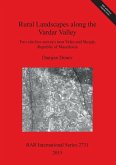North Central New Mexico (the Valley) has the highest per capita accidental drug overdose death rate in the United States: From 42 to 72 per 100,000 from 1995 to 2006; the USA rate is about 5 per 100,000. This book examines the social forces - race, religion, class, and gender structures - that underpin the epidemic of overdose deaths in the Valley. The 34 interviews of active drug users and 10 interviews of family members and professionals are iteratively analyzed via sociological concepts and literature - Anomic Suicide, post-Marxism, current sociological drug addiction theory, colonialism, historical/cultural trauma, racial and ethnic inequality, and autoethnography. Research design employed both qualitative and quantitative data from the New Mexico Office of the Medical Investigator. This mixed method allowed for the triangulation of disparate data. Amongst the profiles of suicide and overdose victims significant overlap was found. Colonization and street-level trauma appear to create a variant of Post Traumatic Stress Disorder termed Cultural-post traumatic stress disorder resulting in high incidence of morbidity and mortality amongst Hispanics in the Valley.

